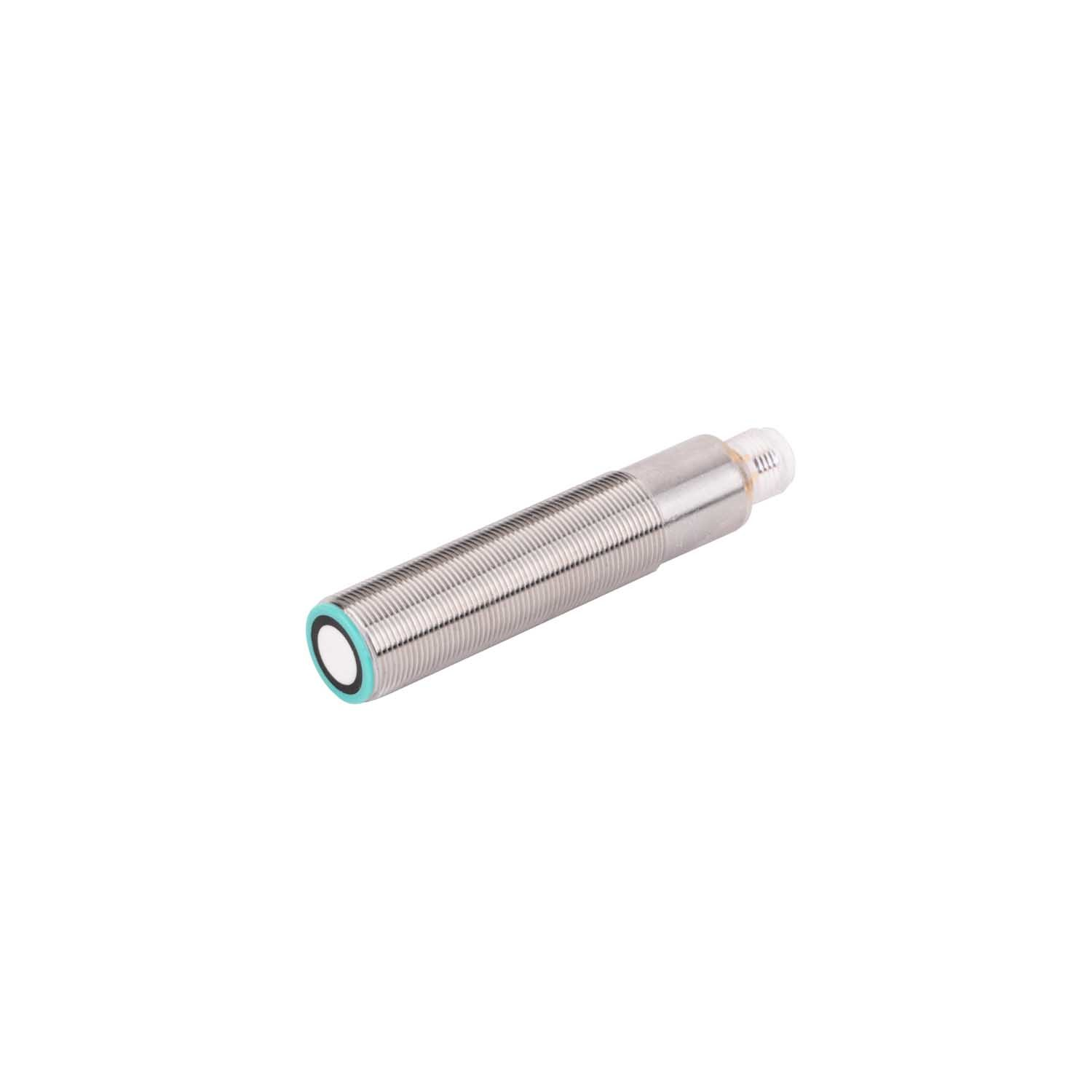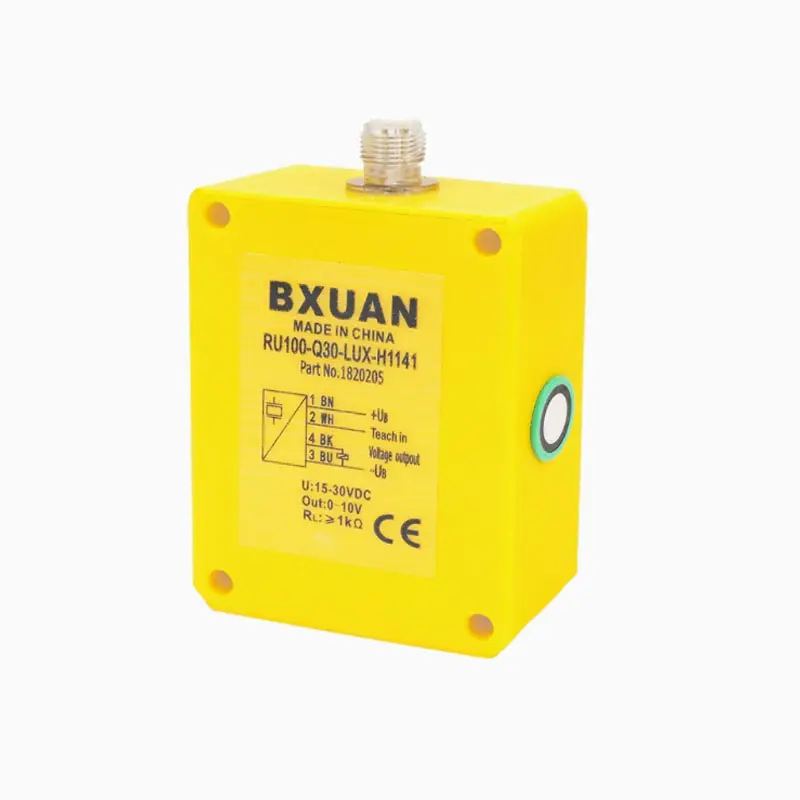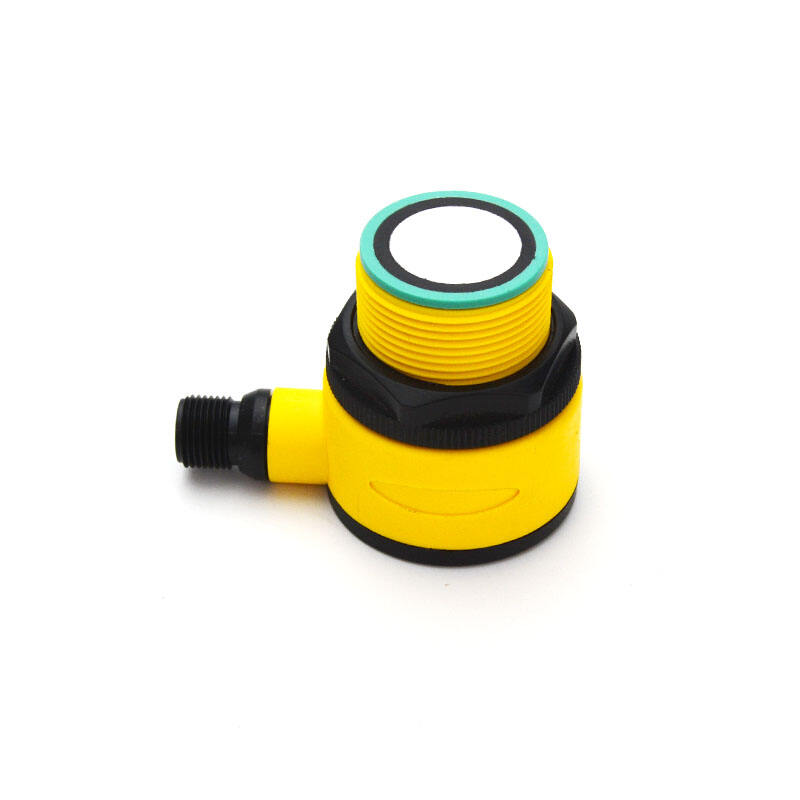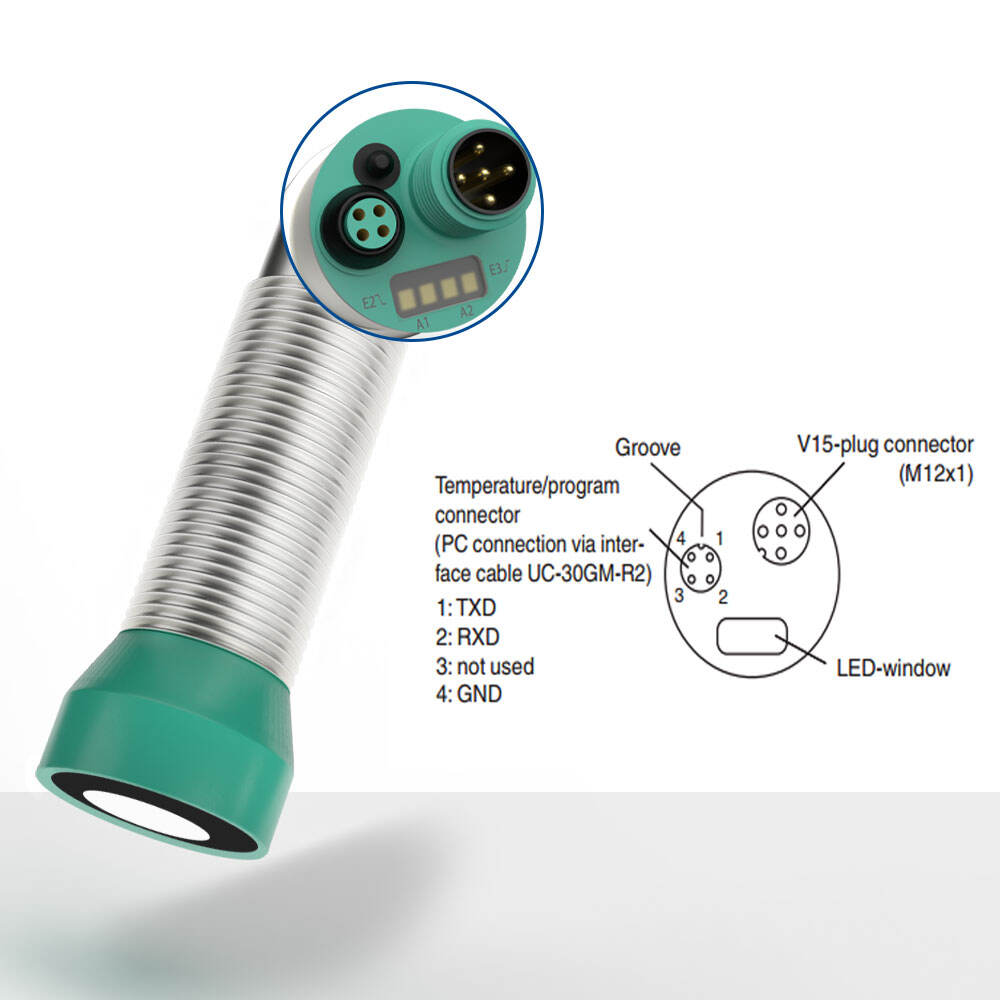ultrasonic sensor in manufacturing
Ultrasonic sensors represent a cornerstone technology in modern manufacturing, serving as sophisticated measurement and detection devices that utilize high-frequency sound waves to evaluate distances and detect objects. These sensors operate by emitting ultrasonic waves and measuring the time taken for the waves to bounce back after hitting a target object. In manufacturing environments, ultrasonic sensors play crucial roles in quality control, process automation, and safety monitoring. The technology excels in various applications, including level measurement in liquid storage tanks, presence detection on production lines, and precise distance measurement for robotic systems. These sensors demonstrate remarkable versatility in different environmental conditions, maintaining accuracy regardless of color, transparency, or material composition of target objects. The technology incorporates advanced features such as temperature compensation, adjustable sensing ranges, and digital display capabilities, ensuring reliable performance in diverse industrial settings. Particularly noteworthy is their ability to function effectively in dusty or humid conditions where optical sensors might fail. Manufacturing facilities utilize these sensors for container filling operations, web break detection in paper mills, and collision prevention in automated guided vehicles. The integration of Industry 4.0 capabilities allows these sensors to provide real-time data for process optimization and predictive maintenance, making them indispensable in modern smart factories.












